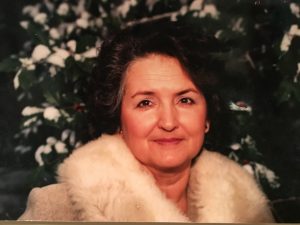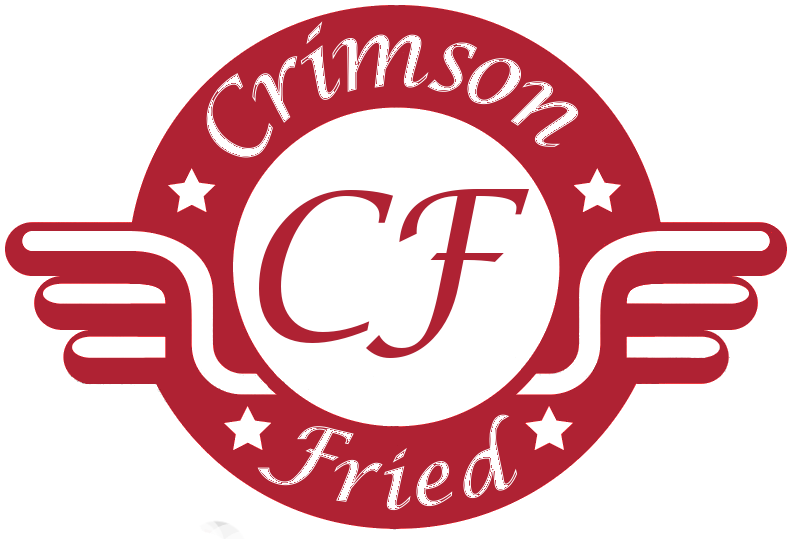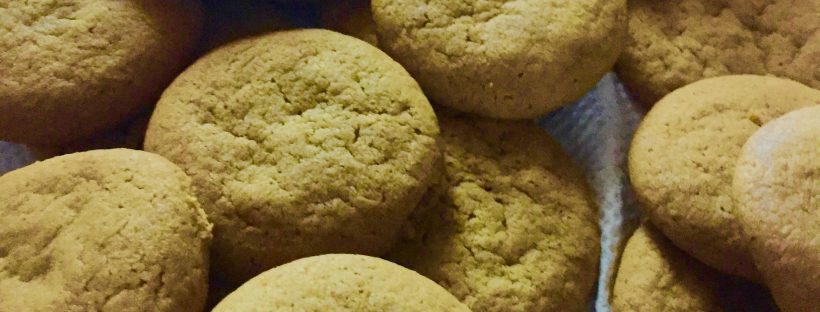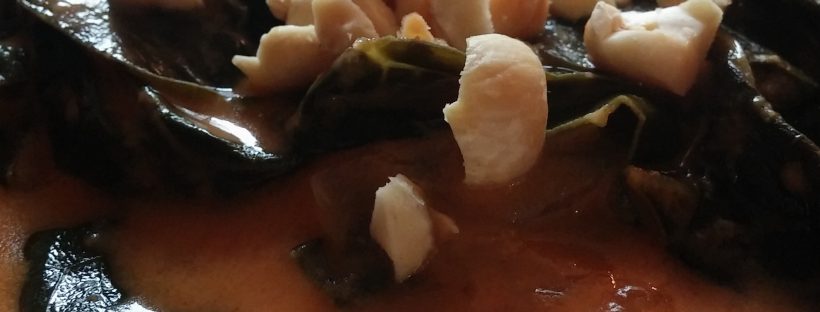
Nana Never Says No Cake
I am one of the few fortunate children that get to live fifteen minutes from their grandparents. The distance was perfect: too far to walk by myself, but close enough I could go every weekend. My grandfather was a special man, but my grandmother is my Nana. A short woman, not more than 5” 1’, she is perfectly huggable. She is a beautiful, kind, stubborn woman that can make anyone do anything she wants by simply asking. Her favorite vacation is the guilt trip, and she has been in retirement for 40 years. Nana has been seemingly preserved in time—with the exception of a few smile lines and about ten grey hairs, she never aged a day over 57. The only hint of her age, a number I am sure to never know for certain, is in her eyes; their deep chocolate glow seems to only grow stronger with every great- grandchild. She lives in a very small house that her father built in a quickly dilapidating town with no stoplights. A twenty-four-hour chicken-processing plant took residence at the end of the adjacent street, but despite the shape of the community, Nana loves her little house. Frankford, Delaware is her town and she isn’t going to let it go without a fight. To this day she sits in the same pew she sat in with her parents as a little girl. Needless to say, Nana is a woman of habit and tradition. Continue reading →




